#JapaneseCars
Mitsubishi Motors: And Then There Were…
In April, when they released their FY2013 annual results, MMC (Mitsubishi Motors Corp) reported record profits; see Reuters and Automotive News for stories.
Don’t get too excited.
Crapwagon Outtake: Feels Like The First Time
I feel fortunate enough that the first manual transmission car I ever drove was a 1986 Toyota Corolla GT-S. Yes, that Corolla. Although I am barely in my twenties, I learned how to drive a stickshift at a time when you could still pick up a ratty AE86 for a few hundred bucks.
Chicago 1989: Where Are They Now?
The 2014 Chicago Auto Show marks the 25th anniversary of the introduction of two of God’s most perfect creations: The Mazda Miata and the Acura NSX. Long-time readers will know that I have a strong affinity for both of these cars. The Miata was the first car I ever owned, while the NSX remains a focal point in my relationship with the automobile.
Derek And Doug's Fantastic Crap Wagons: Mitsubishi 3000GT/Dodge Stealth
Doug writes:
Ah, the 3000GT: possibly the car that’s most commonly believed not to be front-wheel drive, even though it is. That’s an accolade it shares with the 1997-2003 Audi A8, by the way. And while both cars offered all-wheel drive versions, you’d never know the 3000GT did by looking at Atlanta Craigslist.
Remember When Japanese Cars Were REALLY Cool?
Times are tough if you’re into Japanese cars. The sportiest Honda is a hybrid with 15-inch wheels. The coolest Toyota is a Subaru with 150 pound-feet of torque, while the fastest Toyota is a horse race between a three-row SUV and the Camry. And, despite the efforts of the American car-buying public, Mitsubishi still exists.
Sure, there are some bright spots. The Impreza WRX, for example, is still cool, despite Subaru’s attempts to make it look like a hood-scooped version of every other compact car. And the Nissan GT-R is awesome, even though experts like automotive journalists and Porsche employees will tell you it lacks “soul.” But there was a time not so long ago when there were more than just a handful of cool Japanese cars.
Court OKs Suzuki Bankruptcy Plans
The 30 year run of Suzuki auto sales in the United States is one step closer to coming to an end, as a California bankruptcy court approved Suzuki’s restructuring plans.
Suzuki Death Watch 13: Suzuki Gets $50 Million To Buy More Inventory
Suzuki’s death rattle continues unabated as the company’s American distribution arm will receive $100 million in financing, half of which is earmarked to purchase inventory from parent company Suzuki Motor Corp.
Suzuki Death Watch 12: Over 98 Percent Of Suzuki Dealers Take The Money And Run
Only 6 dealers haven’t taken a buyout offer from Suzuki – of the 219 Suzuki dealers in America, 213 took the offer from American Suzuki, including the top 50 dealers by volume.
Mitsubishi To Spearhead U.S. Revival With Outlander, Mirage
Mitsubishi President Osamu Masuko re-affirmed his company’s commitment to the American marketplace, despite seeing most of its product line eliminated, and the flagship i electric car fail miserably. Despite these Job-like setbacks, Mitsubishi will release more new product in 2013, including a plug-in hybrid SUV and an all-new A/B segment car.
Suzuki Death Watch 8: A Eulogy Due To Incompetence
When the news came out last night of American Suzuki Motor Corporation (ASMC) filing for Chapter 11 bankruptcy, I was glad to be validated in my suspicions, but sad that a potentially great opportunity had been wasted due to mismanagement and short-sightedness on behalf of its Japanese management.
In other regions, Suzuki does an excellent job catering to the needs of each domestic market. In India, through their long time partnership with Maruti (which has since turned into full ownership of the once state-owned automaker), Suzuki enjoys double digit market share that is the envy of every other automaker in the country. Maruti Suzuki has control over product, they understand the needs of Indians looking for new cars, and they have enough financial input into SMC’s bottom line that the executives in Japan have no choice but to listen.
Suzuki Death Watch 7: Inside The Horrible Dysfunction At American Suzuki
Late last night, we were contacted by an employee of American Suzuki Motors Corp, who reached out to TTAC to vent his frustrations regarding the downfall of ASMC’s auto business. The picture painted by this employee is one of a highly dysfunctional operation, focused only on tomorrow and never beyond that, a revolving door of Japanese management and deep antipathy for American workers.
Though we’ve confirmed the identity of this Suzuki employee, they wished to remain anonymous due to the sensitive nature of their remarks.
Suzuki Death Watch 6: It's Official, Suzuki Is No More
(NSFW language)
Months ago, we began our Suzuki Death Watch, and today, we hear the executioner’s song. Suzuki’s North American distribution arm filed for bankruptcy, and will end automotive sales in the United States. Slow sales, an unfavorable exchange rate and a limited lineup of vehicles can all be blamed for the demise of a company that was ignored all too often. Luckily, Suzuki’s motorcycle and powersports business remain intact. We’ll have more tomorrow.
Suzuki Death Watch 6: The Product Drought Continues Ubabated
More bad news for Suzuki fans; the marque won’t have any new product for the Untied States until at least 2015.
Next-Generation Lexus LS Embraces The "Different Lengths Of Sausage" Philosophy
BMW and Audi have embraced the “one sausage, many lengths” philosophy for their mainline sedans, and Lexus is the next lemming to jump off the cliff.
Mazda: Rotary Will Live On As Hydrogen-Powered Range Extender For EVs
A report in the Nikkei claims that Mazda’s rotary engine will live on as a range extender for electric vehicles using hydrogen power for the Wankel engine.


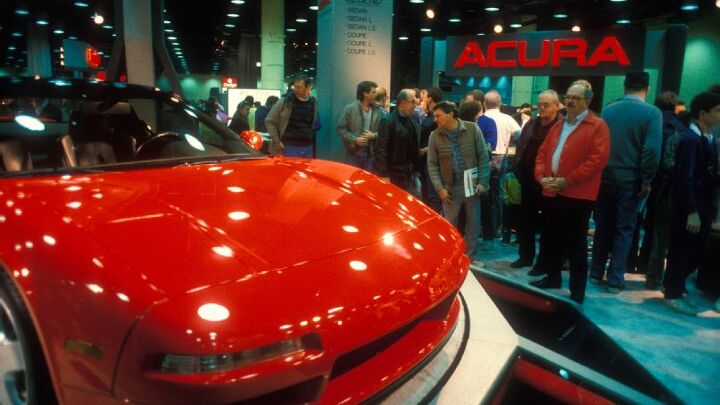
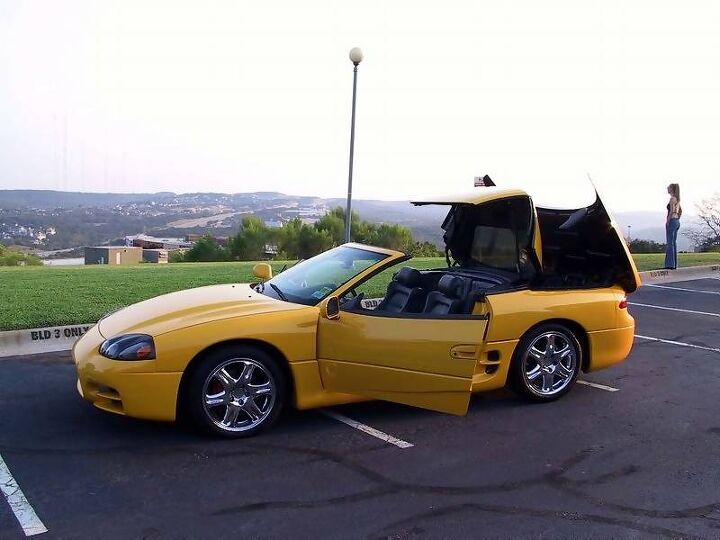
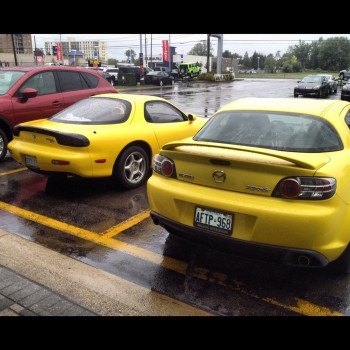
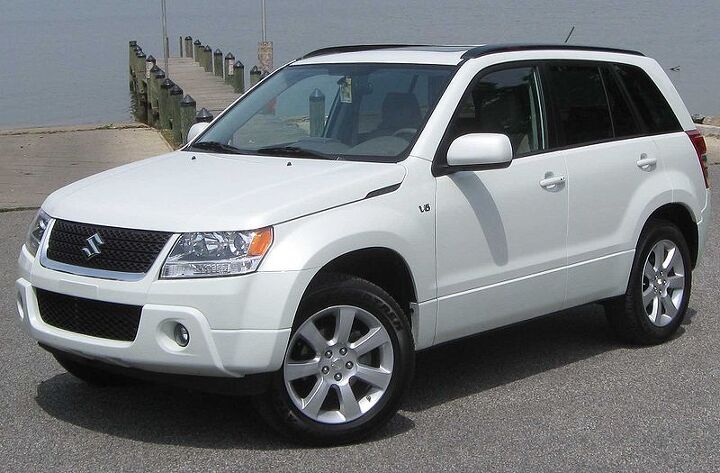
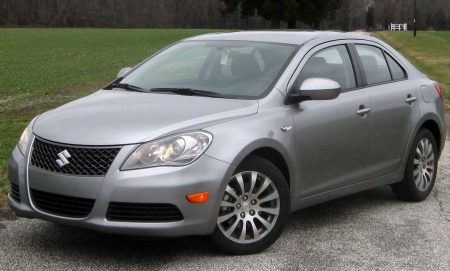
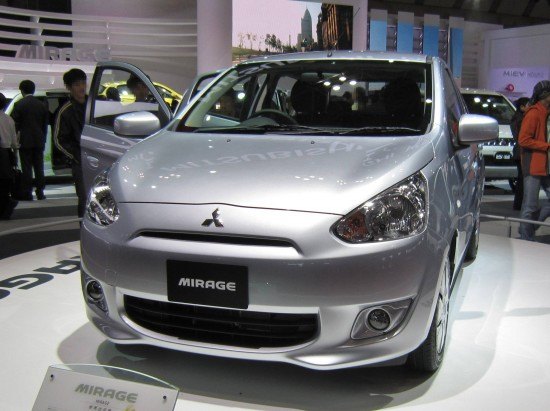
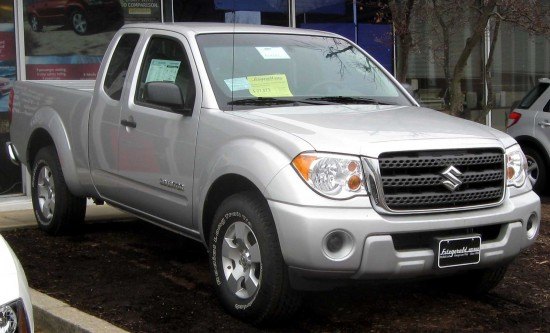
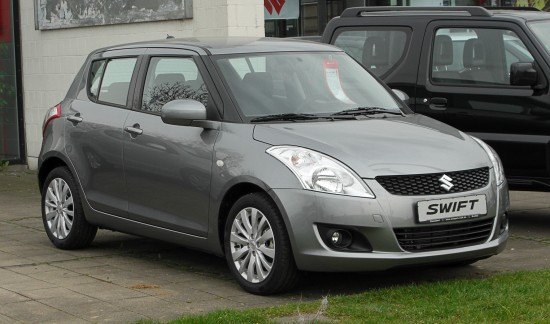
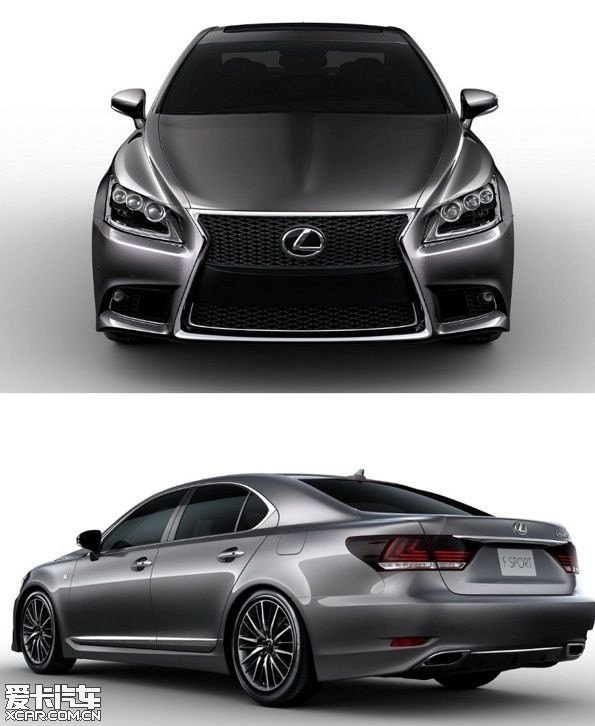













Recent Comments